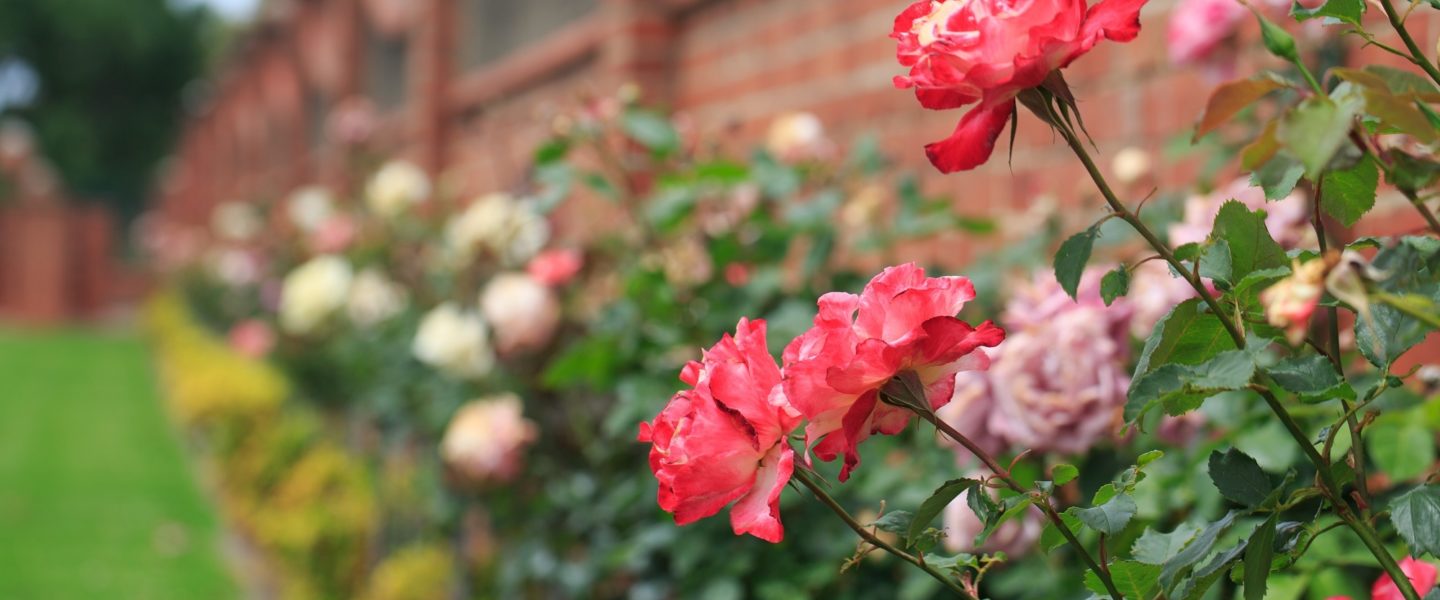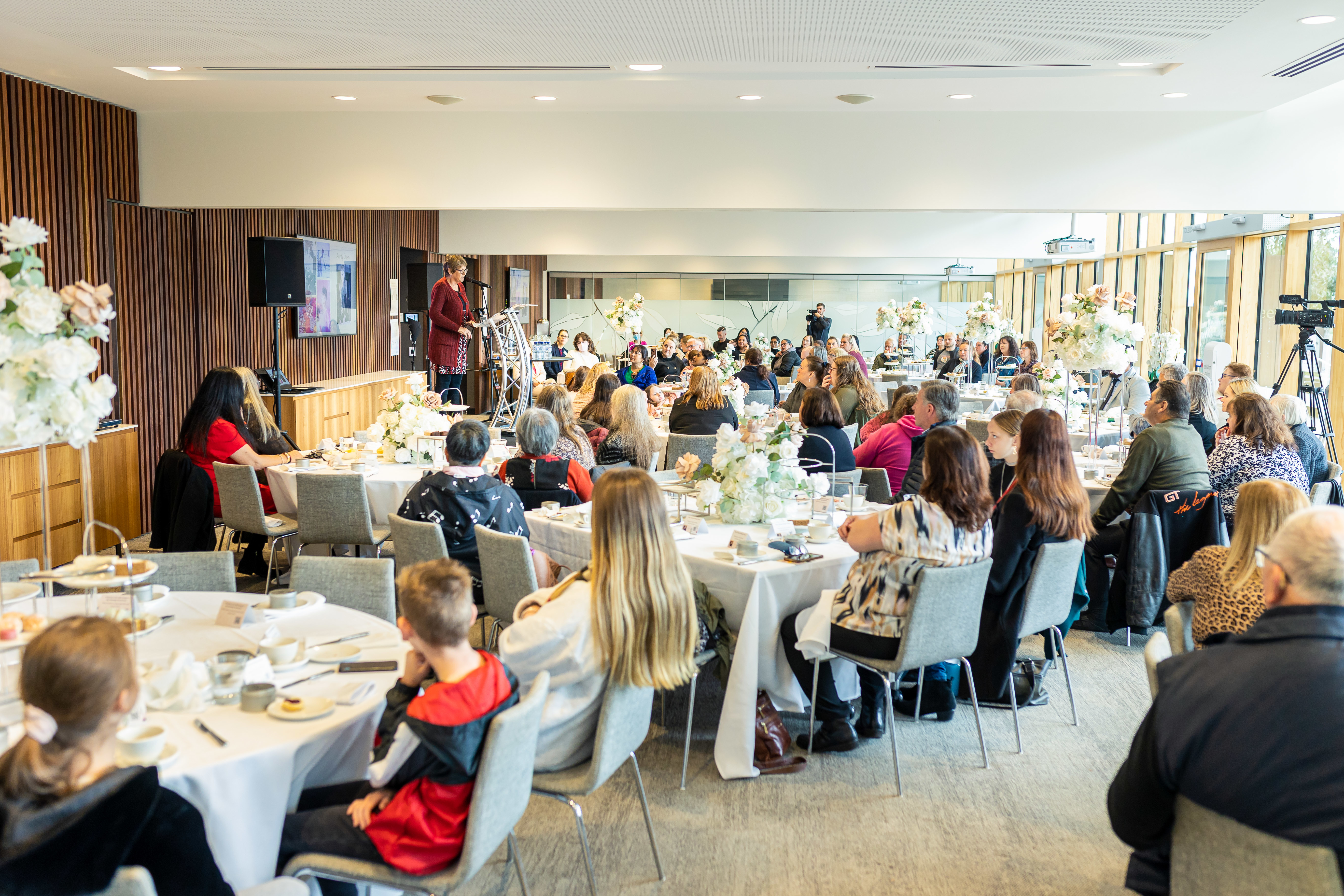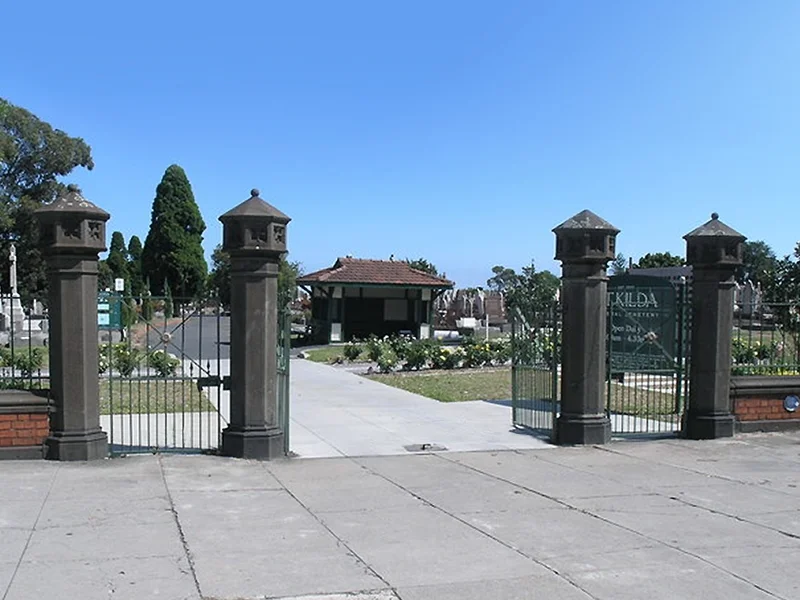Recycled tech is coming up roses

The device you’re using right now and the shoes on your feet could one day contribute to the sustainable growth of one of 35,000 roses growing across SMCT’s gardens. By repurposing discarded items, we keep them out of landfill and put them to good use in our gardens.
What’s at stake?
In the months leading up to spring, young rose plants are tied to stakes to help train their growth. Behind the scenes, an incredible volume of work, planning, and preparation takes place to prepare for the spectacular seasonal display across our grounds.
‘Keeping the roses healthy and tidy requires a lot of materials,’ said Rolfe Stok, SMCT’s Head Rosarian for over a decade. He has been caring for roses at SMCT for 31 years and has seen changes in materials and techniques come and go.
‘Every rose requires a stake and several plant ties to train its growth, and if these wear out over time we have to replace them individually.’
One of his projects over the last ten years has been to find ways to improve the rose-training process at SMCT, and for Rolfe, the first step was one towards sustainability.
‘Rose stakes are 1.2 metre poles that are traditionally made from hardwood and softwood timber, but those materials need replacement as often as every two years due to wear and tear under the elements,’ he explained.
For the last ten years, SMCT has been phasing out timber stakes by introducing 2,000 stakes made from recycled computers and printers every year.

‘We have been using custom-made stakes created from recycled materials since 2011, but we are always looking for ways to improve,’ said Rolfe. ‘Recently, we discovered an even more durable alternative by a company based in South Australia that uses very high-quality glues so the stakes can last longer and withstand more pressure. By using these products, we are supporting the use of recycled and reclaimed materials and we are diverting 3840 kg from landfill every year.’
‘Around 65–70% of our stakes are now recycled plastic. My goal is to replace all timber stakes before I retire.’

Strong ties to sustainable growth
It’s not only stakes that need to be continually replaced to support the growth of roses. Rose plants also need to be bound using plant ties. These are traditionally made of polyvinyl chloride, or PVC, which is firm and requires regular replacement every few years to allow for plant growth.
Seeking a more sustainable solution, our team sourced a stretchable type of plant tie made from the recycled insides of shoes. Once stretched around the rose and stake, these recycled ties retract and hold fast, stretching outward as the rose grows. They can last up to 25 years without replacement.

‘Replacing 18,000 ties every few years would be a nightmare for us and for the environment,’ Rolfe said. ‘These recycled ties make the process much less labour intensive and are much more sustainable to boot.’
The roses stakes are purchased from South Australian APR Composites, a recycling company based in South Australia, while the ties come from Premier Extrusions based in Campbellfield, meaning we also get to support local industry while making a difference to the planet – a rosy outcome for all.
Want to hear more from Rolfe? Read his Q&A during a rose pruning session here.
Interested in growing your rose expertise? Check out Rolfe's Top 6 life hacks for roses.






